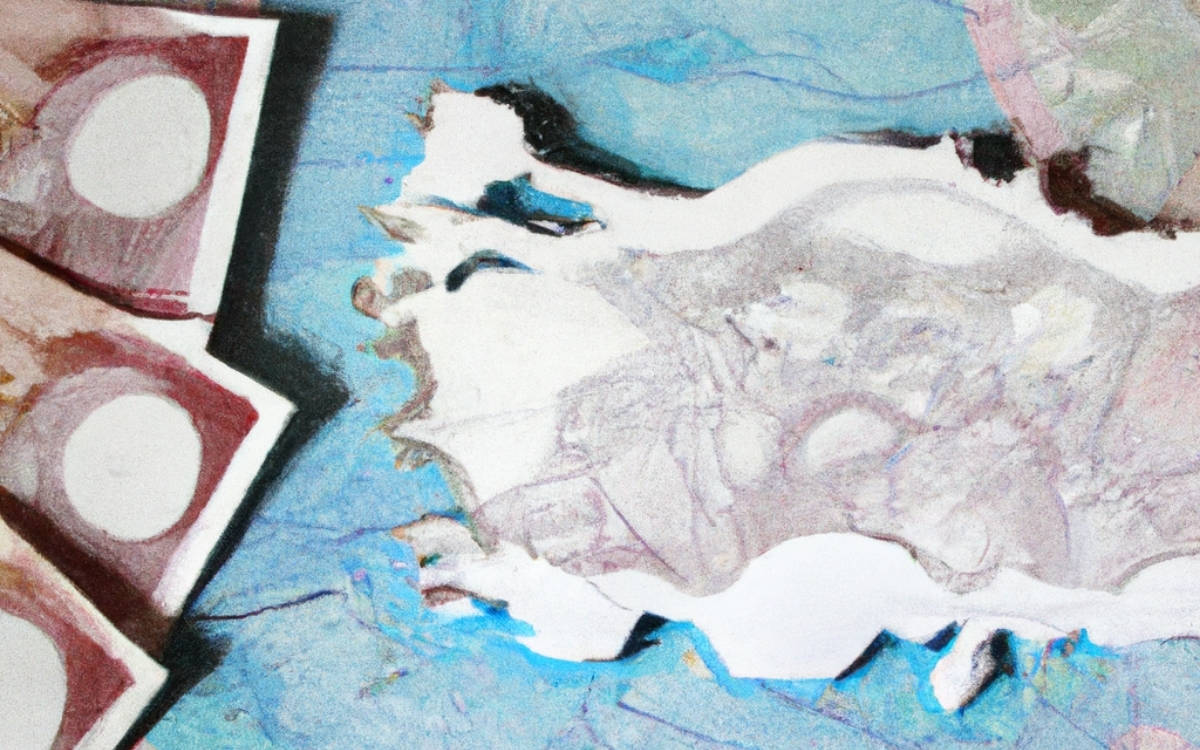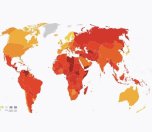Transparency International, one of the world's leading civil society organizations in the fight against corruption, operating in over 100 countries, has been sharing the results of its Corruption Perceptions Index annually since 1995.
In the 2023 Corruption Perceptions Index, Turkey ranked 115th among 180 countries with a score of 34 points. Losing 2 points compared to the 2022 index where it scored 36 points, Turkey also dropped 14 places in the country ranking.
The 2023 results reveal that in the fight against corruption in the public sector, most countries have made little or no progress for over a decade. More than two-thirds of countries scored below 50 out of 100. Over 80% of the world's population lives in countries with scores below the global average of 43. This indicates that governments are largely unsuccessful or unwilling to stop corruption.
The global trend of weakening justice systems reduces the accountability of public officials, contributing to the development of corruption. Power practices seen in authoritarian regimes and even some elected leaders hinder the prosecution of wrongdoers, encouraging corruption.
Additionally, the 2023 Corruption Perceptions Index highlights a global decline in the rule of law since 2016, reinforcing this trend in some countries, including democratic ones, due to increasing authoritarianism.
Countries rising and falling in fight against corruption
Globally, Denmark maintains its top position for the sixth consecutive year with 90 points, followed by Finland and New Zealand with scores of 87 and 85, respectively. Somalia ranks last with 11 points, followed by Venezuela and Syria with 13 points each.
Turkey's significant decline in recent years is noteworthy. Since 2018, Turkey has been among the 12 countries experiencing a substantial decrease in Corruption Perceptions Index scores.
The list of these 12 countries includes countries from both low and middle-income as well as high-income groups: El Salvador (31), Honduras (23), Liberia (25), Myanmar (20), Nicaragua (17), Sri Lanka (34), Venezuela (13), Argentina (37), Austria (71), Poland (54), Turkey (34), and the United Kingdom (71).
Nine countries have noticeably increased their Corruption Perceptions Index scores since 2018, namely Angola (33), Armenia (47), Dominican Republic (35), Kuwait (46), Maldives (39), Moldova (42), Nepal (35), Uzbekistan (33), and Vietnam (41).
Eastern Europe and Central Asia region
Countries with a democratic political regime clearly have a better performance in controlling corruption compared to countries that are authoritarian or leaning towards authoritarianism.
Similar to previous years, in the 2023 Corruption Perceptions Index, 'Western Europe' stands out as the region with the highest score (65), while the 'Eastern Europe and Central Asia' region (35), including Turkey, and 'Sub-Saharan Africa' region (33) are highlighted as the regions with the lowest scores.
The decline in Eastern Europe and Central Asia indicates structural issues in Turkey and other countries in the region, such as the lack of independence of the judiciary and law enforcement agencies from political authority, the presence of well-established checks and balances between institutions, and, of course, challenges related to upholding the rule of law, placing public interest above private interests.
In countries classified as high-income or those with high Corruption Perceptions Index scores, the phenomenon of corruption can take more subtle forms, making it harder to detect. On the other hand, in low-scoring regions, including Turkey, bribery and other forms of corruption in the public sector tend to be widely known across various segments of society. This situation manifests as a common understanding among the entire population. The most destructive consequence of this is the erosion of general societal sensitivity towards corruption in these mentioned countries.
In the 'Eastern Europe and Central Asia' region, Turkey (34) is one of the three countries, along with Bosnia and Herzegovina (35) and Turkmenistan (18), experiencing a decline in the 2023 index.
Furthermore, it is among the countries, along with Serbia (36), Russia (26), and Tajikistan (20), that received their lowest scores to date in the 2023 index.
What is to be done in Turkey to fight corruption?
Turkey's situation is noteworthy, but the pessimistic picture revealed by the findings is not surprising. The prevalence and normalization of corruption in Turkey persist due to impunity practices and continued reluctance in enforcing existing laws.
Fundamental violations in budget transparency and accountability for the use of public resources also continue. Repressive policies against media, civil society, and social movements are an integral part of the overall picture.
Transparency International suggests at this point that to control corruption, checks and balances mechanisms in the country's governance need to be strengthened, and the judiciary should swiftly achieve an independent and impartial structure. Turkey should fulfill its obligations arising from international agreements, rapidly return to the European Union accession process, and put an end to practices that rapidly erode democratic principles and values. (HA/PE)








